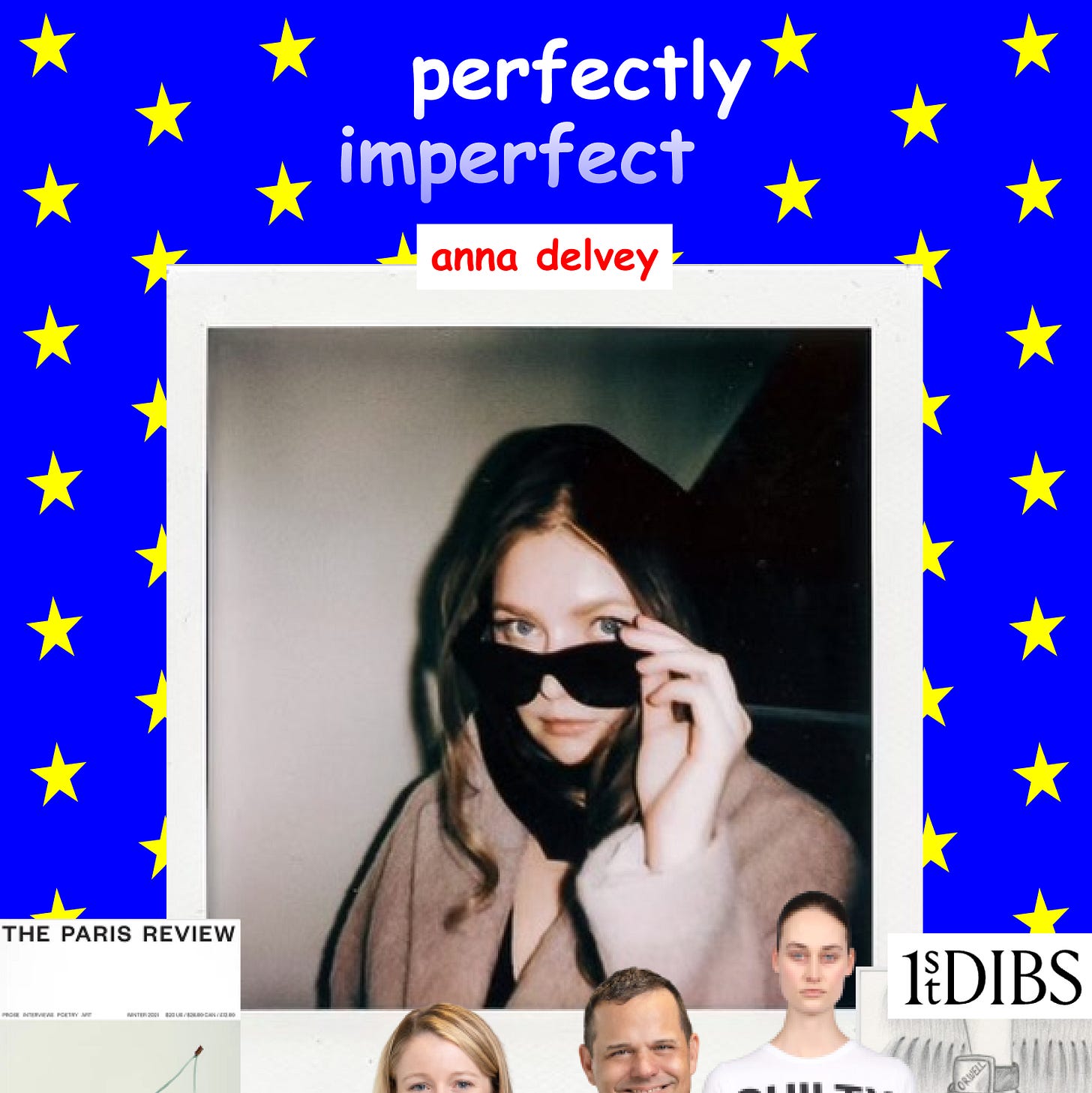idle gaze 033: defending the eccentricity of human taste.
Curation = rebelling against the algorithm.
It’s been widely acknowledged that the rise of algorithmic feeds — TikTok, Instagram, Netflix, Twitter — has homogenized culture and made us all worse cultural consumers.
As a response, there’s been a sharp influx in interest in what’s been referred to as “algorithm detoxes”, or what
has termed “algorithm cleanses” - the practice of going cold turkey on all algorithm-powered apps and online experiences, solely sticking to non-algorithmic online sources.Like Neo, forcefully ripping out the feeding tube and ejecting himself from the warm cocoon of the matrix, it’s an act that plunges us down into the cold darkness of a messier, but ultimately more real world.
It’s what writer and consultant Tom Critchlow calls “rewilding your attention” - instead of crowding your attention with what’s already going viral online, it’s about instead focusings on the weird stuff, chasing your curiosity. Critchlow makes the analogy of choosing to explore “an intellectual forest, overgrown with mushrooms and towering weeds and a massive dead log where a family of raccoons has taken up residence”. This “dark forest” today consists of newsletters, Discord servers, Patreon subscriptions and online radio shows, which are currently flourishing, enabling tastemakers and knowledgeable people to organically curate what to listen to, what to enjoy and ideas to ponder on, away from the cold, calculated precision of the algorithm.
One of the most talked about human curation platforms recently has been the
newsletter. With the tagline “cool people like cool things.”, the regular email send-out publishes highly curated recommendations from on-the-cusp tastemakers and aspiring aesthetes. The newsletter has proven so popular that it’s been able to transform itself into a fully-fledged lifestyle brand, with merch and a IRL launch party in NYC.The recommendations are often an entertainingly eclectic mix of high-brow & low-brow, obvious people pleasers, interlaced with extremely niche oddities, favourite consumer goods, obscure paraphernalia, indecent vices, strange online content and sometimes just general past times and mindsets. A pick at random from recent editions includes everything from grainy Youtube clips, classic 90s films, true crime podcasts, but also Capri menthol cigarettes (“the smoke dances smooth and cool on your tongue”), chatty Serbian trainers (“shifting my body composition, but he's also a total gossip”), not using shampoo (“frees you from the shackles of sulfates”), and monogamy (“it works great”).
Another highly respected and influential curation initiative, that, like Perfectly Imperfect, enables tastemakers to flex every nook and cranny of their personality and lived experience is
. Launched by Sam Valenti IV, the founder of record label Ghostly International, the weekly playlist and accompanying interview features a varied mix of curators, musicians, DJs, journalists, and art- and fashion-adjacent people - “individuals with a strong perspective when it comes to music.”. Each playlist comes with custom artwork, an accompanying conversation highlighting the personality behind each curator and a backstory of their music selection.
Browsing through these recommendations, curations and playlists, there’s a warm, human feel to them, which is distinctly absent in algorithmic recommendations. The oddities, surprises and stories behind why people love what they love, very much do feel like rummaging through an overgrown forest.
But more than that, there’s also something rebellious, almost anarchic about it all.
It’s a declaration that our taste cannot solely be defined by our Spotify discover weekly playlists, Amazon recommendations and TikTok For You pages. We might sometimes get the eery feeling that these apps know us better than we know ourselves, but deep down we understand that we are more nuanced than that. We are not hollow, predictable outlines of humans - we contain complex multitudes, with quirky, strange dimensions that machines could never fully grasp. Despite the dominance of hyper-personalized feeds and logical recommendation systems, we still have agency over what we like and what we don’t like.
When reading about the motivation for launching these various curation initiatives, it’s clear that it’s not only about rebellion, but also about the critical act of archiving. Do we want the algorithm, restricted to the formula of “popularity” + “recency” = “value”, to determine the cultural zeitgeist of our times? As the founder of Perfectly Imperfect told the New York Times last month, the newsletter “will probably be the most sprawling cultural document of who and what was cool during the time we’re in right now”. It’s more than just about a better way to consume content, it’s about preserving our cultural taste for posterity, so it’s not left to the hands of big tech feeds.






Thanks for the kind words.